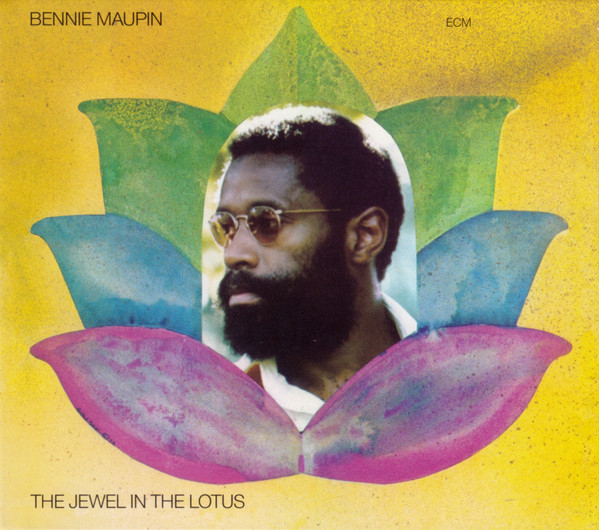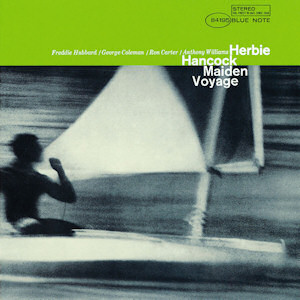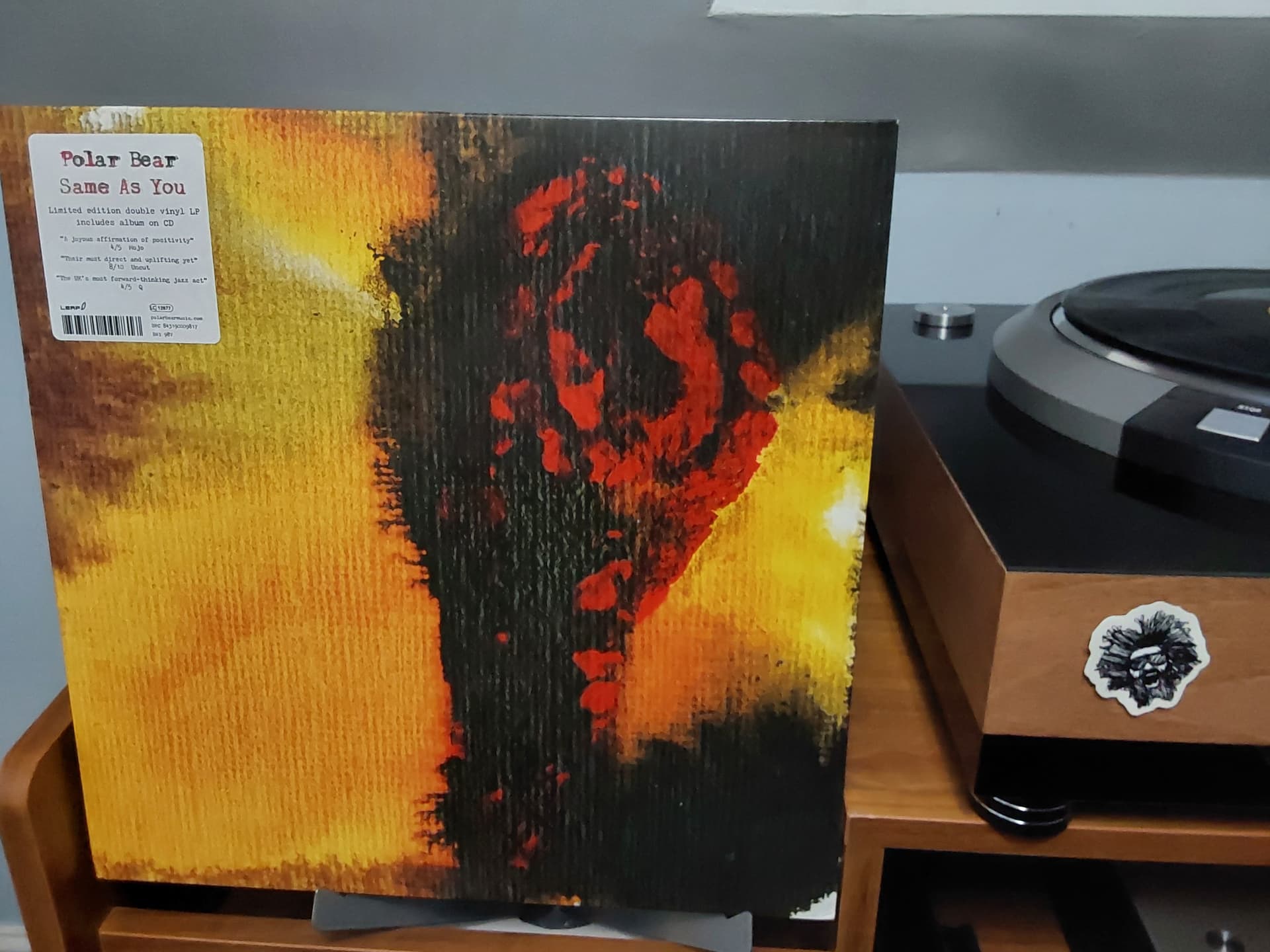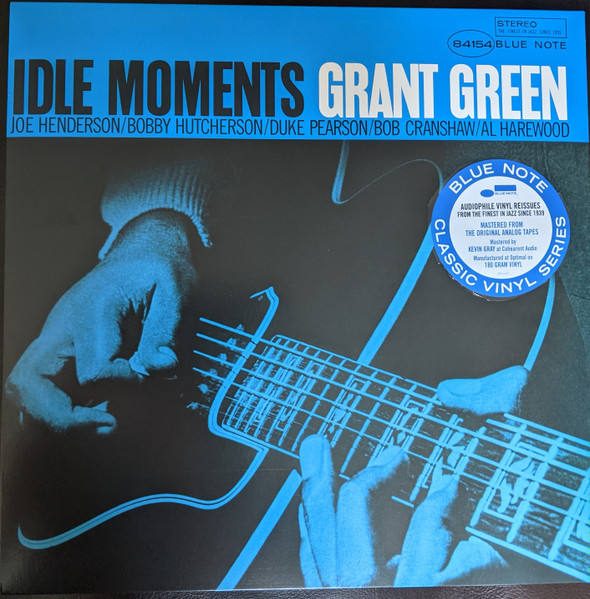You are using an out of date browser. It may not display this or other websites correctly.
You should upgrade or use an alternative browser.
You should upgrade or use an alternative browser.
What are you listening to right now #64
- Thread starter idlewithnodrive
- Start date
mikechadwick
pfm Member
Emmings
pfm Member
Auntie Aubrey's Excursions Beyond the Call of Duty Part 2 (The Orb Remix Project) - The Orb
daytona600
Registered User
idlewithnodrive
You should hear our version of Louie Louie
Working my way through this wonderful 3-LP comp:
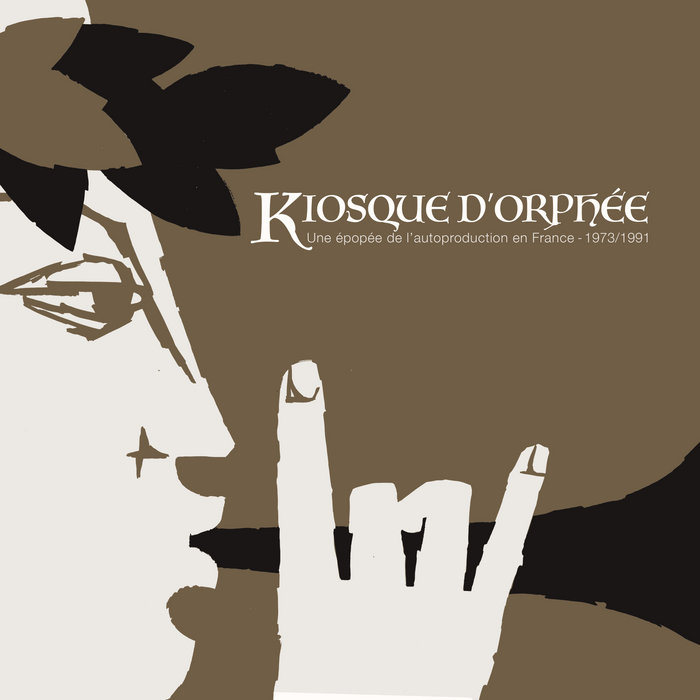
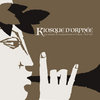 bornbadrecords.bandcamp.com
bornbadrecords.bandcamp.com

KIOSQUE D'ORPHEE - Une épopée de l'autoproduction en France - 1973/1991, by various
23 track album
 bornbadrecords.bandcamp.com
bornbadrecords.bandcamp.com
kjb
Proof reading not always a strength
I've been reading Philip Watson's rather excellent bio of Frisell over the past few days. The hardback is currently half price -
and using Qobuz to follow the music. I'd not heard many of Frisell's earlier recordings or sessions as a sideman which have been fascinating.
I am now more or less caught up with the overlap in my collection so back to CDs and vinyl.
Currently playing
Bill Frisell, Blues Dream (CD)
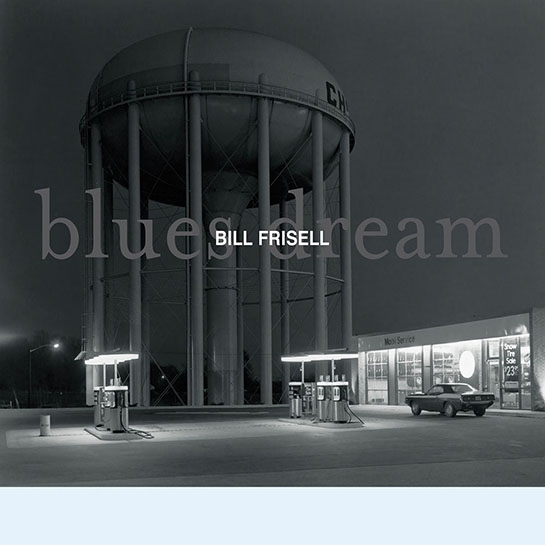
and using Qobuz to follow the music. I'd not heard many of Frisell's earlier recordings or sessions as a sideman which have been fascinating.
I am now more or less caught up with the overlap in my collection so back to CDs and vinyl.
Currently playing
Bill Frisell, Blues Dream (CD)

This site contains affiliate links for which pink fish media may be compensated.
vince rocker
pfm Member
I enjoyed this book too but it really needs either a set of CDs or a long playlist to get the most out of it.I've been reading Philip Watson's rather excellent bio of Frisell over the past few days. The hardback is currently half price -
and using Qobuz to follow the music. I'd not heard many of Frisell's earlier recordings or sessions as a sideman which have been fascinating.
I am now more or less caught up with the overlap in my collection so back to CDs and vinyl.
Currently playing
Bill Frisell, Blues Dream (CD)

This site contains affiliate links for which pink fish media may be compensated.
gavreid
Pretty Words...
paulfromcamden
Baffled
Toshiyuki Miyama & The New Herd – New Herd. From 1974 on Three Blind Mice.
Recorded to 'recreate' their set at Montreux Jazz that year when they played with a host of guests including Dizzy Gillespie and Mongo Santamaria. The actual Montreux recording was released as a double LP (in mono!) in 1975 on Trio/Nadja.
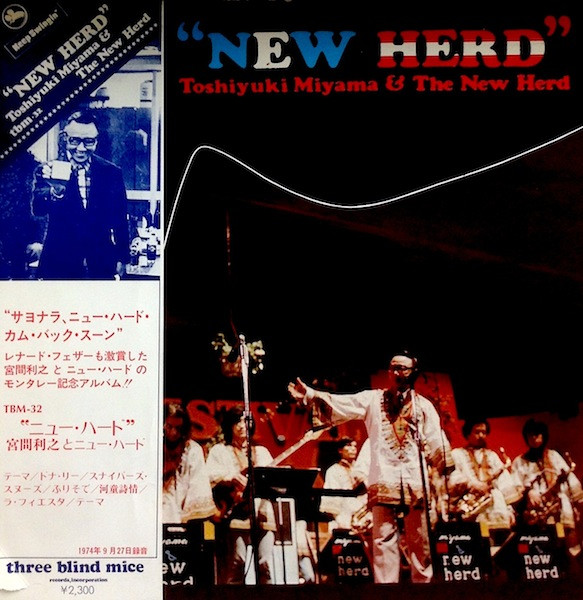
I really like second track Snipers Snoose.
Recorded to 'recreate' their set at Montreux Jazz that year when they played with a host of guests including Dizzy Gillespie and Mongo Santamaria. The actual Montreux recording was released as a double LP (in mono!) in 1975 on Trio/Nadja.

I really like second track Snipers Snoose.
Mullardman
Moderately extreme...
In this case, I used 'Trad', in the absence of any other term, because all four Clarinetists were known in the 'Traditional Jazz' boom of the 1950s and 60s. Also their general playing style fits the appellation.Clarinet, in the right hands, is great but I wouldn't call it 'trad' just because it's got clarinet (even Acker's clarinet) on it - surely it needs more banjo to be trad?!
However, you have opened a can of worms and a half!
I first came across 'Trad' in the late 50s, when the BBC 'Jazz Club was televised. And of course I heard the early chart hits by the likes of Kenny Ball, Chris Barber and Co, though I was pretty undiscriminating, apart from very much liking Acker's playing.
I joined the school 'Jazz Record Club', on the strength of which I bought albums of early Ellington etc. and learned about the 'greats' such as Armstrong, Bechet, Biederbecke etc., but was also introduced to Modern Jazz. I already had a fair knowledge of 30s and 40s 'swing', due to acquiring a whole stack of 78s from older relatives.
Slightly to one side, I was also a huge fan of The Temperance Seven (all nine of them), who alongside being a sort of comic pastiche of 20s/30s jazz, were also rather fine musicians.
Most of the above happened before I was 13.
I had very few records back then, but I acquired a coverless copy of 'Humph at the Conway', a live Humphrey Lyttelton album from 1954. It sounded like 'Trad' to me, but confusingly, featured a Sax player, in the form of Bruce Turner. Trad bands were Trumpet, Trombone, Clarinet, Bass, Drums and Banjo. Interestingly, it also featured Wally Fawkes on clarinet. He was possibly better known as the cartoonist 'Trogg' and only passed quite recently at the age of 98.
Probably my favourite clarinet blues ever:
Notable bands at the time were Kenny Ball's Jazzmen, Chris Barber's Jazz Band, Bob Wallis' Storyville Jazz Band, Mr Acker Bilk's Paramount Jazz Band, Alex Welsh Jazz Band and others fronted by Mike Cotton, Monty Sunshine, Ken Colyer, etc.. etc.
Fast forward 30-40 years where 'Trad' was almost forgotten. However, curiosity always exists and I began to hear about the 'rifts' which existed in 'Trad'. Mostly to do with raging arguments over 'Authenticity', and centred around Ken Colyer. It seems that what was broadly 'a 'revivalist' movement in the post WW2 period, covering eary stuff from the US, was riven with 'factions'..
I was blissfully unaware of all that stuff at the time. Also, as I said above I was pretty undiscriminating anyway. What I now hear as over syncopated commercialised 'tosh' in the form of Kenny Ball's 'Midnight in Moscow'..was a huge favourite on release. We all live and (hopefully) learn.
But back to my original question. Why do people hate 'Trad'? It's mostly joyous music, well played etc.
I can only imagine that either it is all hated by 'non jazz' folks, or it is looked down upon haughtily by the more supposedly 'cerebral' Modern Jazz fans. I suppose it's also possible that it's Ken Colyer's 'invention' and claiming of the term 'Traditional', for his own very strict interpretation of 'authentic' jazz, which is at the root. 'Revivalist', v 'Traditional.
As an aside, I once overheard the late Tom Fletcher of Nottm. Analogue in a telephone conversation with a foreign customer and telling him that from his p.o.v. Colyer was 'God'.
Any views?
paulfromcamden
Baffled
@Mullardman - interesting post. I've never really enjoyed British 'trad'. I guess when I started exploring jazz it seemed like a backwards looking reactionary response to modern jazz. There's also a kind of beer and skittles Englishness that I find a bit off-putting. Those records don't do anything for me but are they really any more or less 'authentic' than a British bloke playing be-bop in 2024? Probably not.
Big Tabs
looking backwards, going forwards
a good contrast to the Pretenders original
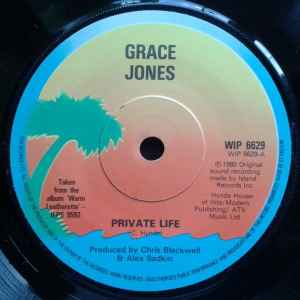
More images
Grace Jones – Private Life

More images
| Label: | Island Records – WIP 6629 |
|---|---|
| Format: | Vinyl, 7", Single, Solid Centre |
| Country: | UK |
| Released: | 27 Jun 1980 |
| Genre: | Electronic, Funk / Soul |
| Style: | Dub, Disco |
Mullardman
Moderately extreme...
@paulfromcamden
Exactly. 'Trad', how ever you define it was a peculiarly 'British' take on early jazz..though it did have many fans on the continent too ('Dutch Swing College Band' anyone?)
It's all a part of post WW2 history too. 'Trad', however you define it, existed in the UK alongside early Rock and Roll and directly spawned 'Skiffle'.
The Beatles, Van Morrison and many others were influenced by Donegan, who himself came out of the 'Trad' scene.
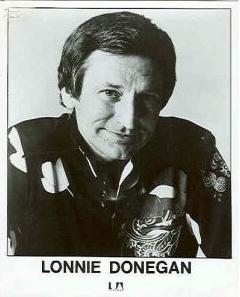
 en.wikipedia.org
en.wikipedia.org
I went to see a 'gig' by a friend's Dad, who played double bass in a 'trad' band. All competent enough musicians, but the audience, instead of applauding particularly good 'solo's', insisted in applauding every damned solo throughout every song. There were few songs where the band played together thoughout as opposed to a chorus followed by a series of interminable solos and a final chorus. Very odd.
Exactly. 'Trad', how ever you define it was a peculiarly 'British' take on early jazz..though it did have many fans on the continent too ('Dutch Swing College Band' anyone?)
It's all a part of post WW2 history too. 'Trad', however you define it, existed in the UK alongside early Rock and Roll and directly spawned 'Skiffle'.
The Beatles, Van Morrison and many others were influenced by Donegan, who himself came out of the 'Trad' scene.

Lonnie Donegan - Wikipedia
I went to see a 'gig' by a friend's Dad, who played double bass in a 'trad' band. All competent enough musicians, but the audience, instead of applauding particularly good 'solo's', insisted in applauding every damned solo throughout every song. There were few songs where the band played together thoughout as opposed to a chorus followed by a series of interminable solos and a final chorus. Very odd.
Eugene
Identity crisis...
Fascinating stuff @Mullardman! For me ‘trad’ was something purveyed by likeable, safe, characters such as Ball, Barber & Bilk that featured on UK TV in the late-60s or early-70s and loved by my parents. Probably well past its prime at that point and incredibly cheesy, it was therefore the complete antithesis of my developing interest in music (because UK pop music of the late-60s or early-70s was so obviously not cheesy). Even my late ex-father-in-law, who was hugely into post-war big band jazz sneered at trad!
Absolutely.It's all a part of post WW2 history too. 'Trad', however you define it, existed in the UK alongside early Rock and Roll and directly spawned 'Skiffle'.
gavreid
Pretty Words...
This is a great collection - I forget who was talking about it last year, sorry. It's a bit more big band in orgin but Humphrey Lyttleton was certainly important to the trad scene. Tv composition work kept people going, The Sweeney being a good, well known example...
Mullardman
Moderately extreme...
Yep, well past it's prime by then and sort of 'absorbed' into the 'easy listening' safe range of stuff which would appear on shows with people like Val Doonican, Cilla Black et.al.For me ‘trad’ was something purveyed by likeable, safe, characters such as Ball, Barber & Bilk that featured on UK TV in the late-60s or early-70s and loved by my parents. Probably well past its prime at that point and incredibly cheesy,
But if you were 11 in 1960 and hearing stuff from Lyttelton, Bilk etc.. it was a route into another world.


